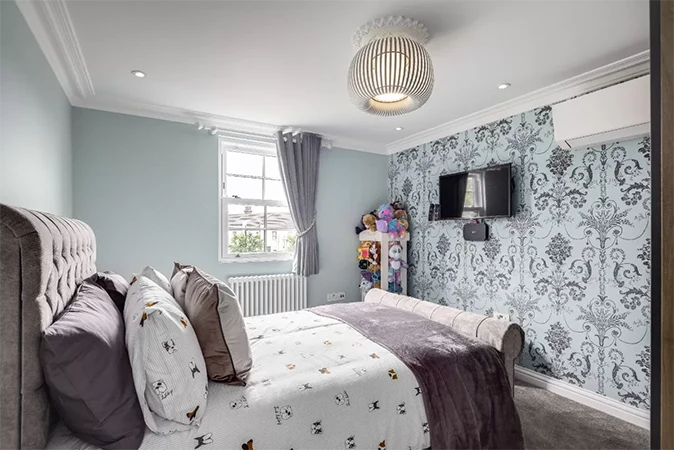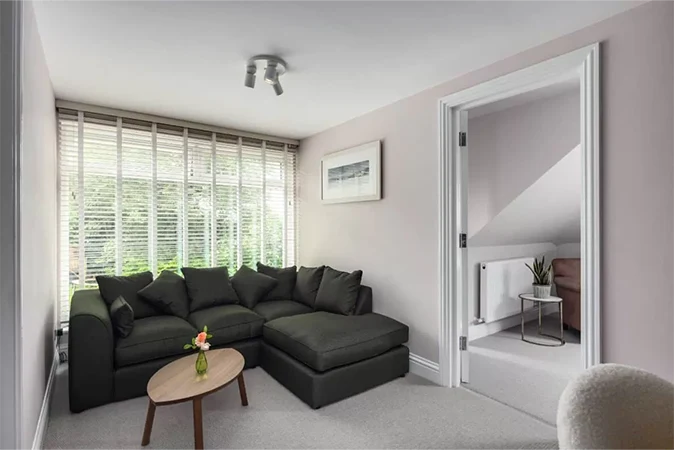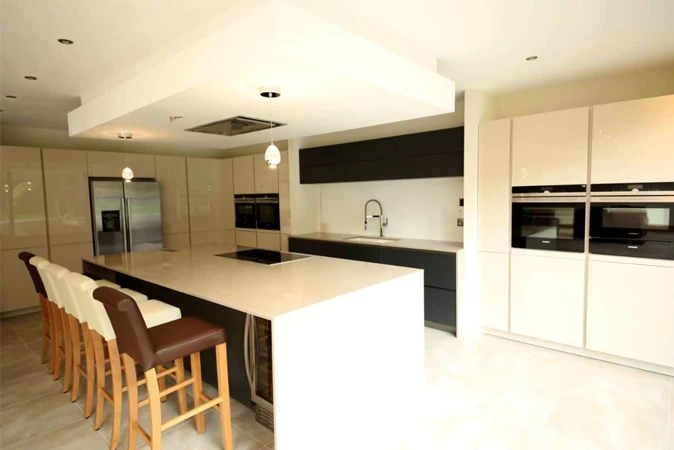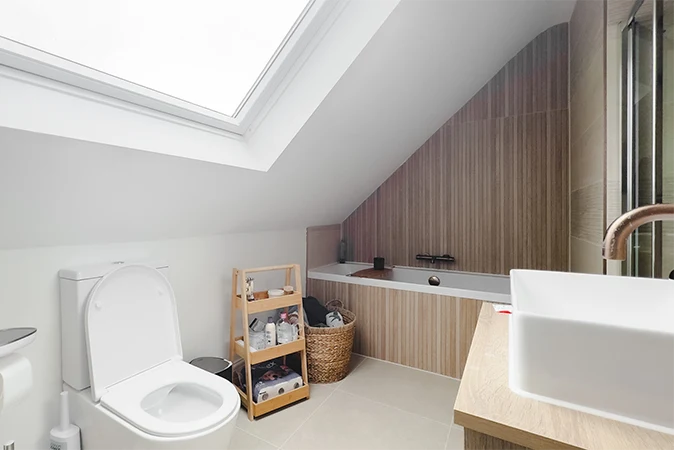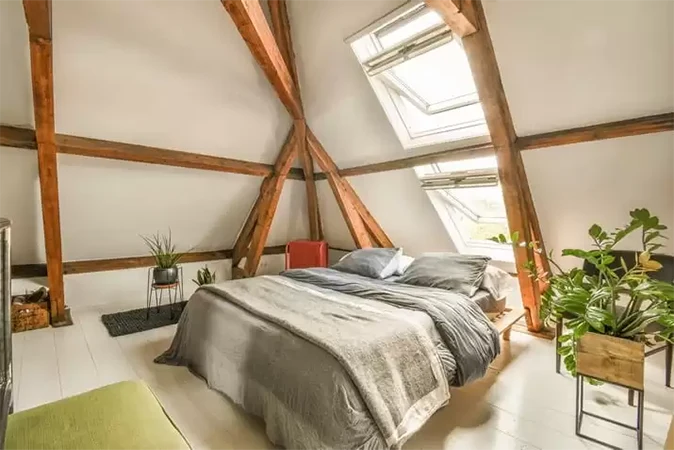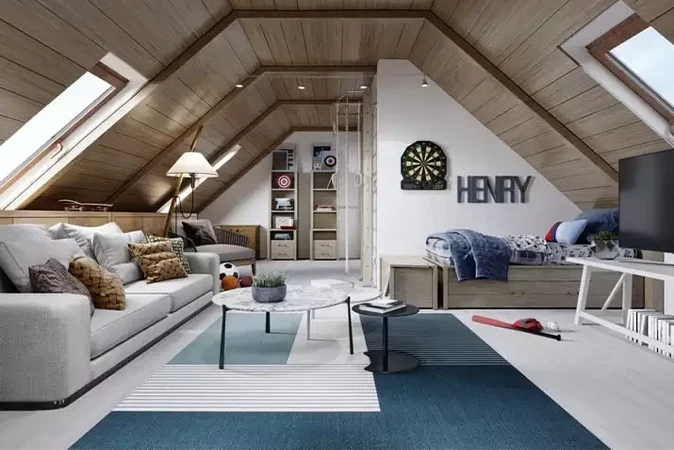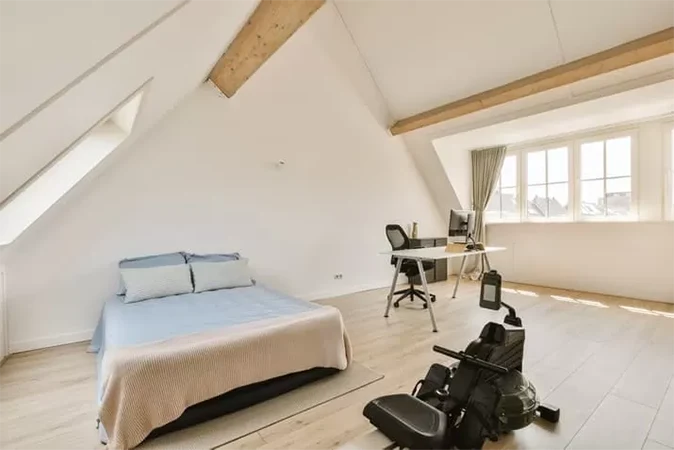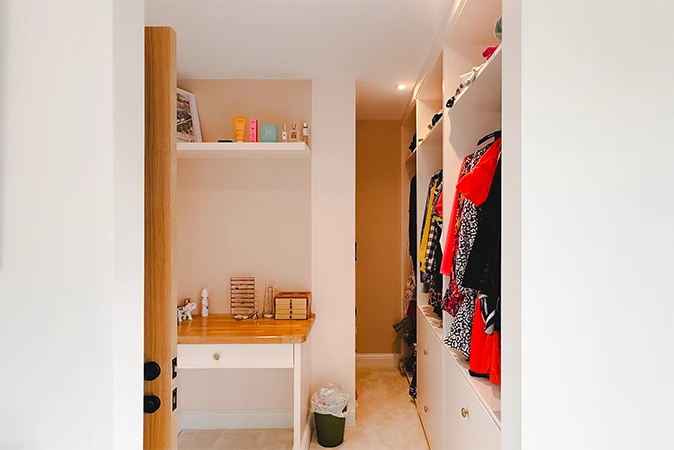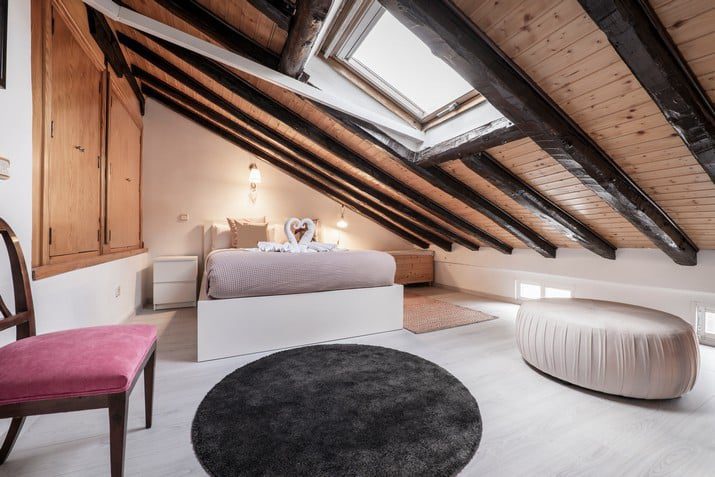One of our most frequently asked questions is around planning permission and building regulations. It is considered one of the biggest reasons that people choose not to improve their homes; cancelling it out because of the assumed hassle of dealing with local authorities and solicitors. Our latest blog aims to dispel some of the myths around planning and regulations. In doing so, we explore what people should be considering and provide some detail around the work that we do to take any potential hassle away, freeing you up to think about the important things like decorating your new space! One of our most frequently asked questions is around planning permission and building regulations. It is considered one of the biggest reasons that people choose not to improve their homes; cancelling it out because of the assumed hassle of dealing with local authorities and solicitors. Our latest blog aims to dispel some of the myths around planning and regulations. In doing so, we explore what people should be considering and provide some detail around the work that we do to take any potential hassle away, freeing you up to think about the important things like decorating your new space!
Planning Permission
The good news is that for most loft conversions, planning permission is not required. Generally speaking a loft conversion is considered to be a permitted development. This is because most loft conversions don’t extend beyond property boundaries, nor do they obstruct the neighbour’s views. In instances where that does happen, then permissions to extend or alter roof space will be required. There is more good news – if this is necessary, we’ll take care of it for you!
Building Regulations
Building regulations are enforced to protect you and your family. They are required to convert a loft into a liveable space. Broadly speaking they ensure the structural soundness of new floors, safe escape in the event of fires and soundproofing between the conversion and rooms below. We’ll help you by examining the various features of your proposed conversion and consider the relevant permissions required whether for windows, stairs, bathrooms, drainage, lighting, internal/external walls, kitchens and so on.
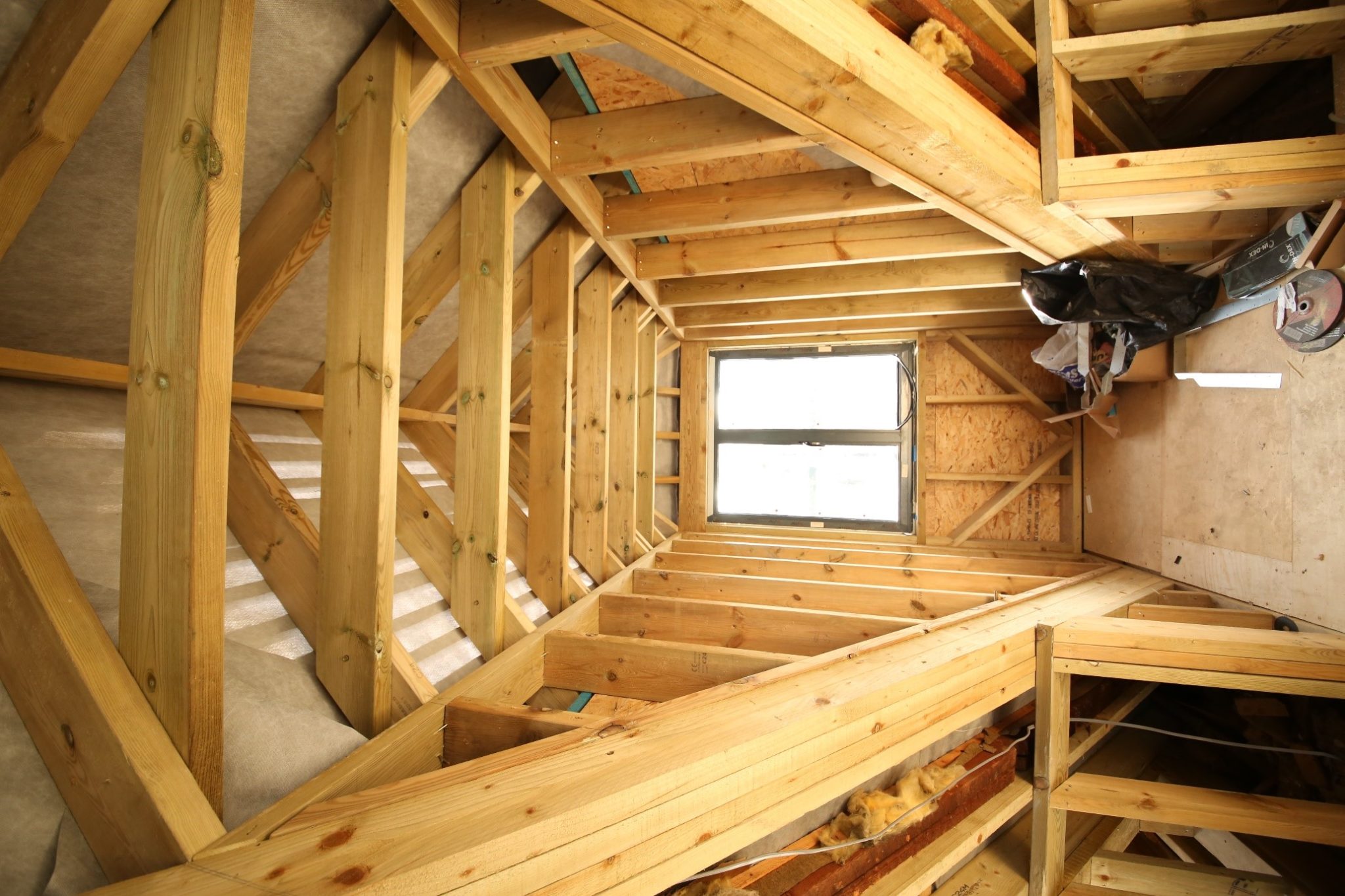
Fire Safety
Ensuring that appropriate provisions have been made for fire safety in newly converted spaces needs to be considered in full. This can sometimes have an impact on the wider property. For example, fire-resistant doors and partitions to protect new stairways may need to be installed to help prevent fires spreading. This is because external escape is simply too dangerous from anywhere above the first floor. Flooring and additional interlinked smoke alarms are also an important consideration. Again, this is all part of our advisory and planning process.
Stairs
Where there is not enough space for a traditional stairwell leading to the newly converted space, it may be possible to use a “space saving” stair. Loft ladders and other retractable stairs are unlikely to be accepted. This is for both fire and general safety purposes, so it is important that access meets certain criteria and is usually solved by making some structural adjustments to the ceiling joists between the main home and the loft space.
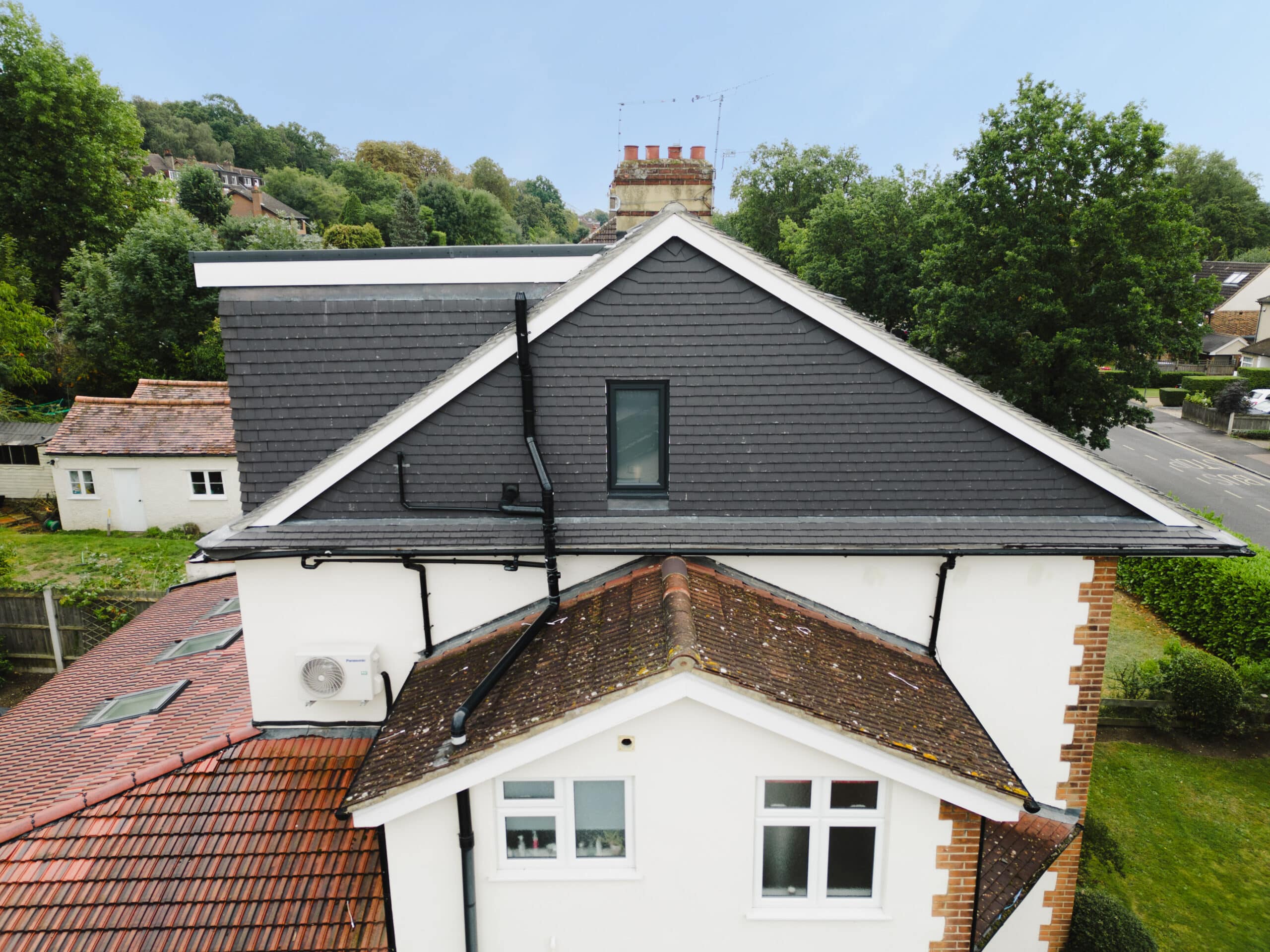
Protected Species
Unfortunately for some people, loft conversions aren’t option for the simple reason that they have…bats! Work on roofs can affect bats and so a survey may need to be conducted to ascertain whether any protected species of wildlife will be affected. In some cases a separate license may need to be obtained before any work can be undertaken. Again, it is unlikely that this will affect the majority of people and our experts will help you to consider your options if it does.
Energy Efficiency and Sustainability
In today’s environmentally conscious world, integrating energy efficiency and sustainability into home improvement projects is not just a trend but a necessity. When planning a loft conversion or any home renovation, considering how to make the space more energy-efficient is crucial. This includes the installation of insulation to reduce heat loss, choosing energy-efficient windows to minimise energy waste, and potentially incorporating renewable energy sources like solar panels to generate your own electricity. Our team prioritises sustainable practices and materials, ensuring your new space is not only compliant with current energy efficiency regulations but also contributes to a lower carbon footprint and reduced energy costs. We’ll guide you through the selection of materials and technologies that best suit your project’s needs while keeping sustainability at the forefront.
Aftercare and Maintenance
Once your loft conversion is complete, our commitment to you doesn’t end. Understanding the importance of aftercare and maintenance is essential for the longevity and enjoyment of your newly transformed space. We provide comprehensive aftercare advice, covering everything from the regular maintenance of windows and doors to the upkeep of heating and ventilation systems. Additionally, we’re here to assist with any adjustments or issues that may arise post-conversion. Our dedicated team offers support for any questions or concerns, ensuring your conversion remains in top condition for years to come. With LMB Group, you gain not just a service provider but a long-term partner in maintaining and enjoying your home’s new addition.
Completing Work Safely
Though planning permissions and building regulations might seem daunting, it doesn’t need to be the overly bureaucratic and painstaking process that many people believe it to be. What’s more, you can put your trust in us to get it sorted, after all, it’s our day job! With our advice and under our direction we will help to ensure that all the work is carried out safely. Over the past 25 years, there isn’t an awful lot we haven’t come across or been faced with. The one key takeaway you need to remember is that we can help you! We can remove all of the worry, hassle and legwork – from contacting Building Control to discuss the proposed work, as well as putting together a Building Regulations Applications if necessary. Our professional advice from qualified experts coupled with our 10-year, insurance-backed guarantee means we provide a comprehensive service. If there are any permissions or regulations that you need to comply with, you can count on us to advise you and handle it. If you would like to discuss your requirements with our expert team, get in touch with LMB Group today.








